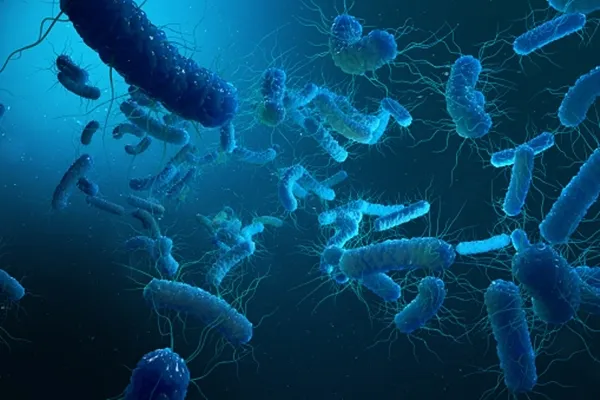What Dangerous Antibiotic-Resistant Bacteria Were Discovered in the Red Sea and Mediterranean?

Synopsis
Key Takeaways
- Vibrio bacteria found in Mediterranean and Red Seas.
- Identified as antibiotic-resistant strains.
- Can cause severe human illnesses and affect marine life.
- Climate change is facilitating their spread.
- Need for continuous environmental monitoring to manage threats.
London, May 25 (NationPress) - Researchers from Israel have identified hazardous, antibiotic-resistant Vibrio bacteria in the Mediterranean and Red Seas, escalating public health alarms, as reported by Tel Aviv University (TAU) on Sunday.
These bacteria pose serious health risks to humans, leading to conditions such as gastrointestinal disturbances, wound infections, and ear infections. Additionally, they threaten marine life, including corals and shellfish, according to the Xinhua news agency.
The Vibrio species can exchange genetic material, meaning that if one strain becomes harmful, it may convert others to become dangerous as well. The rise in ocean temperatures due to climate change is facilitating the spread of these bacteria into new regions, leading to increased human infections.
In a study published in mSphere, TAU researchers examined the genomes of 23 samples of Vibrio bacteria gathered from the coastal waters of Tel Aviv and Eilat.
The analysis uncovered a diverse array of toxins, secretion systems, and mobile genetic components that assist these bacteria in sharing traits that enhance their resilience and aggressiveness.
At least 10 of the bacterial strains were found to induce the death of immune cells, while 12 strains demonstrated the ability to intoxicate competing Vibrio strains.
Many samples displayed significant resistance when tested against antibiotics typically used for treating Vibrio infections, particularly showing strong resistance to azithromycin.
One strain identified in the Red Sea produces a toxin lethal to shrimp, resulting in economic losses amounting to billions of U.S. dollars for shrimp farming globally.
The research team emphasizes the alarming disease-causing potential of Vibrio bacteria in Israeli coastal waters and stresses the urgent necessity for continuous environmental monitoring to identify and manage emerging health threats.









